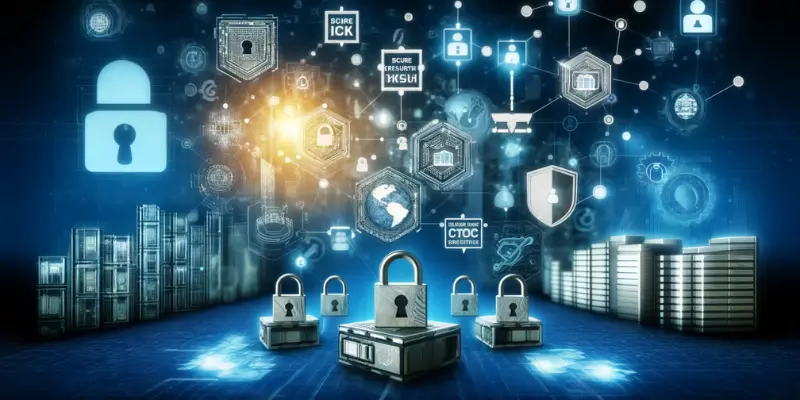Blockchain technology, best known for powering cryptocurrencies like Bitcoin, is rapidly gaining traction in various sectors due to its security features. Its decentralized nature and cryptographic foundations offer promising enhancements to cybersecurity practices. A Blockchain Course in Chennai can provide valuable insights and hands-on experience for those looking to deepen their understanding of these benefits. This blog explores the role of blockchain in cybersecurity, examining its benefits, applications, and potential challenges.
In today’s digital landscape, cybersecurity is paramount for organizations and individuals. Traditional security measures often struggle to keep up with evolving threats, leading to breaches and data losses. With its unique attributes, blockchain technology presents a transformative approach to enhancing cybersecurity. By understanding how blockchain can be leveraged, we can better protect our digital assets and improve overall security strategies.
Key Benefits of Blockchain in Cybersecurity
Decentralization and Reduced Vulnerability
One of the fundamental principles of blockchain technology is decentralization. Unlike traditional centralized systems, where a single point of failure can compromise the entire network, blockchain distributes data across a network of nodes. This decentralized approach significantly reduces the risk of cyber attacks. In a breach, the attacker would need to compromise most of the nodes, making it much more challenging to execute a successful attack.
Immutability and Data Integrity
Blockchain’s immutability ensures that once data is recorded, it cannot be altered or deleted without altering all subsequent blocks. This feature is crucial for maintaining data integrity and preventing tampering. For cybersecurity, this means that logs and records of transactions or activities are secure and reliable, essential for detecting and investigating security incidents. To gain a deeper understanding of how blockchain can be leveraged in this way, a Cyber Security Course in Chennai can provide the necessary knowledge and skills.
Enhanced Encryption
Blockchain employs robust cryptographic algorithms to secure data. Each block in the chain contains a cryptographic hash of the previous block, creating a secure link between them. This hashing process ensures that any attempt to alter data would be evident, as it would change the hash and break the chain. Enhanced encryption mechanisms provided by blockchain can strengthen data protection and confidentiality.
Applications of Blockchain in Cybersecurity
Decentralized Identity Management
Blockchain technology offers a novel approach to identity management by providing decentralized digital identities. Traditional identity systems are centralized and vulnerable to breaches. Blockchain-based identity solutions enable users to control their personal information and verify their identity through a secure, decentralized ledger, reducing the risk of identity theft and fraud. To gain expertise in implementing these advanced solutions, enrolling in a Training Institute in Chennai can provide the necessary skills and knowledge.
Secure Supply Chain Management
Cybercriminals seeking to exploit vulnerabilities are increasingly targeting supply chains. Blockchain can enhance supply chain security by providing transparent and tamper-proof records of transactions and product movements. This transparency helps verify the authenticity of goods and track any anomalies or breaches in the supply chain.
Smart Contracts for Automated Security
Smart contracts are self-executing contracts with the terms of the agreement directly written into code. These contracts operate on blockchain networks and automatically enforce and execute agreed-upon terms. In cybersecurity, smart contracts can automate security protocols, such as access control and compliance verification, reducing the risk of human error and enhancing overall security.
Blockchain technology holds transformative potential for enhancing cybersecurity. Its decentralized, immutable, and cryptographically secure nature provides a robust framework for improving data integrity, identity management, and automated security measures. However, addressing scalability and regulatory compliance challenges is essential for successfully integrating blockchain into cybersecurity practices. Enrolling in a Cyber Security Course can help professionals understand these complexities and effectively apply blockchain in securing digital environments. As the technology continues to evolve, its role in cybersecurity will likely become even more prominent, offering new solutions to the ever-growing challenges in the cybersecurity landscape.
Also Check: How Blockchain is Revolutionizing Banking and Payments?

